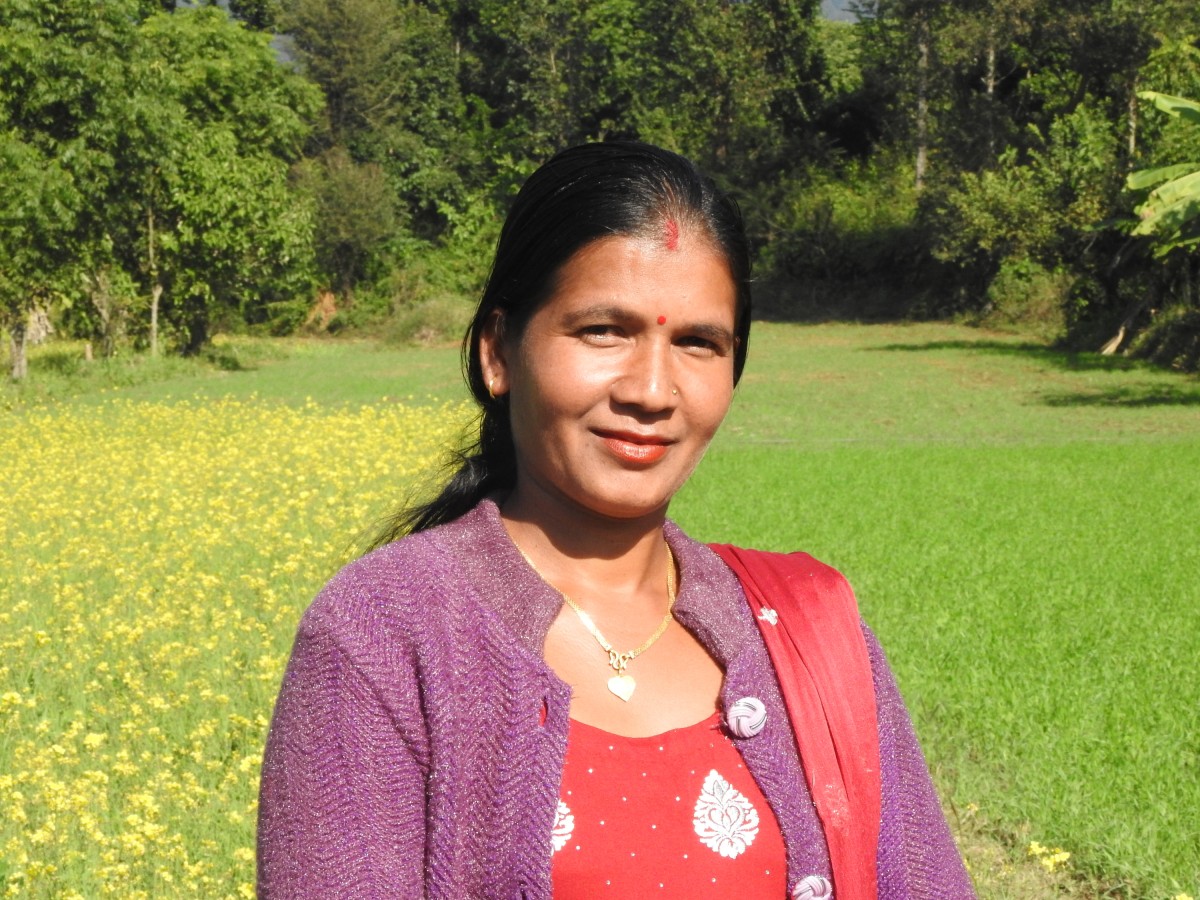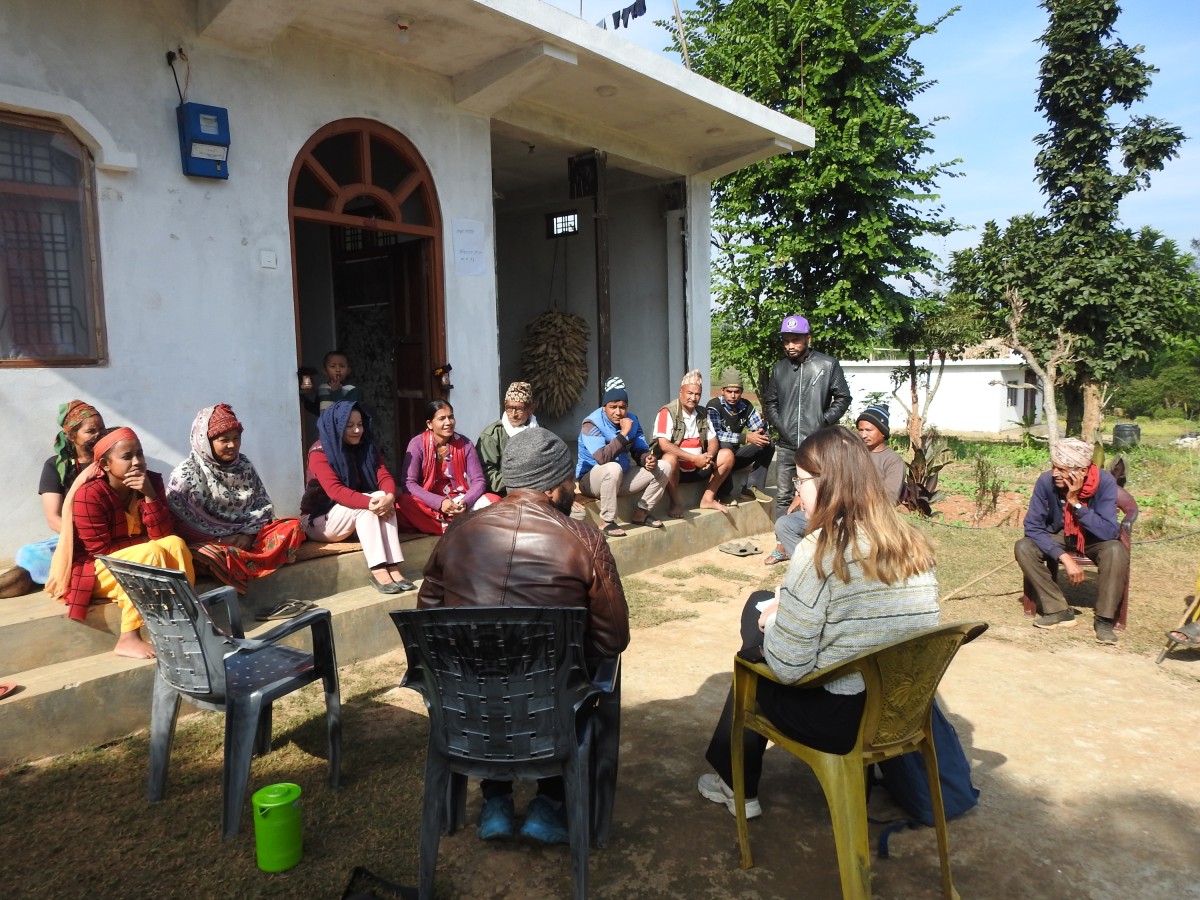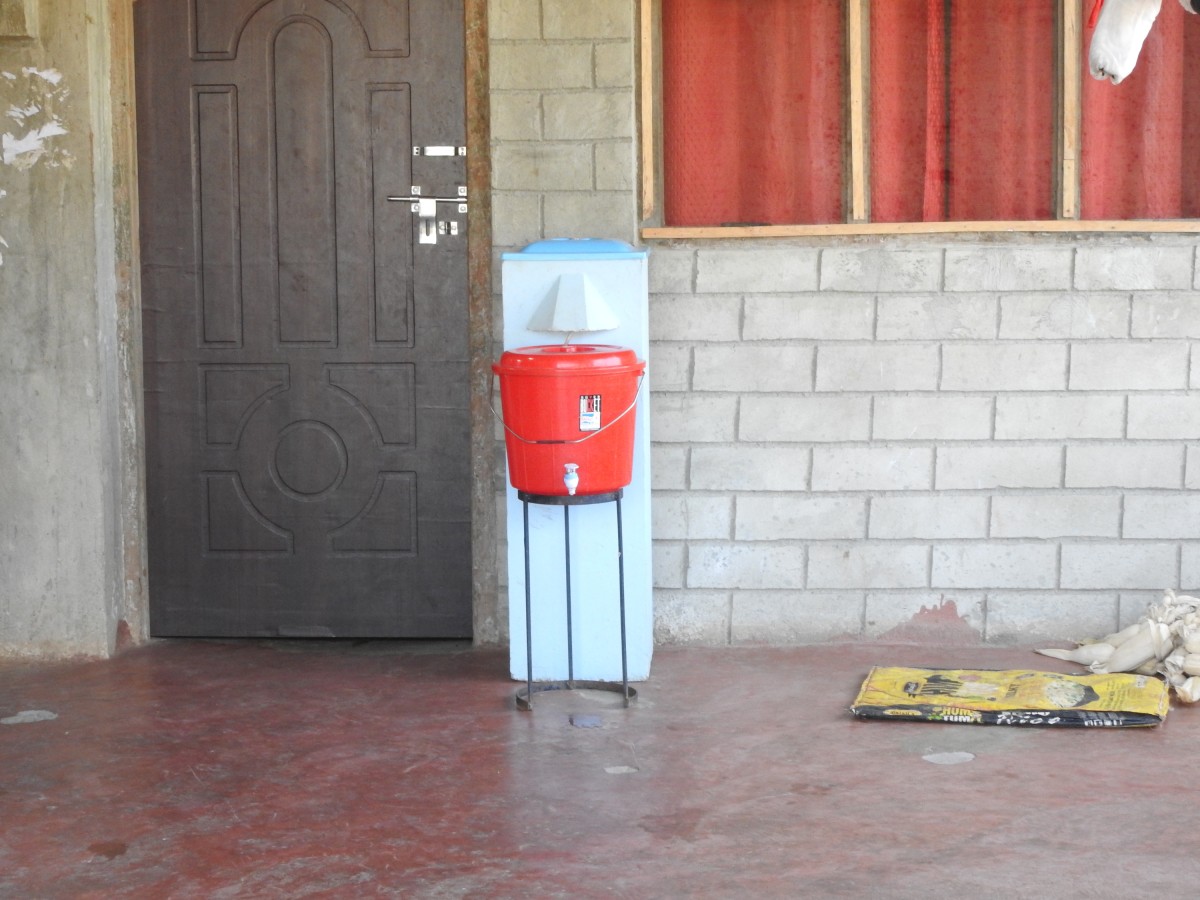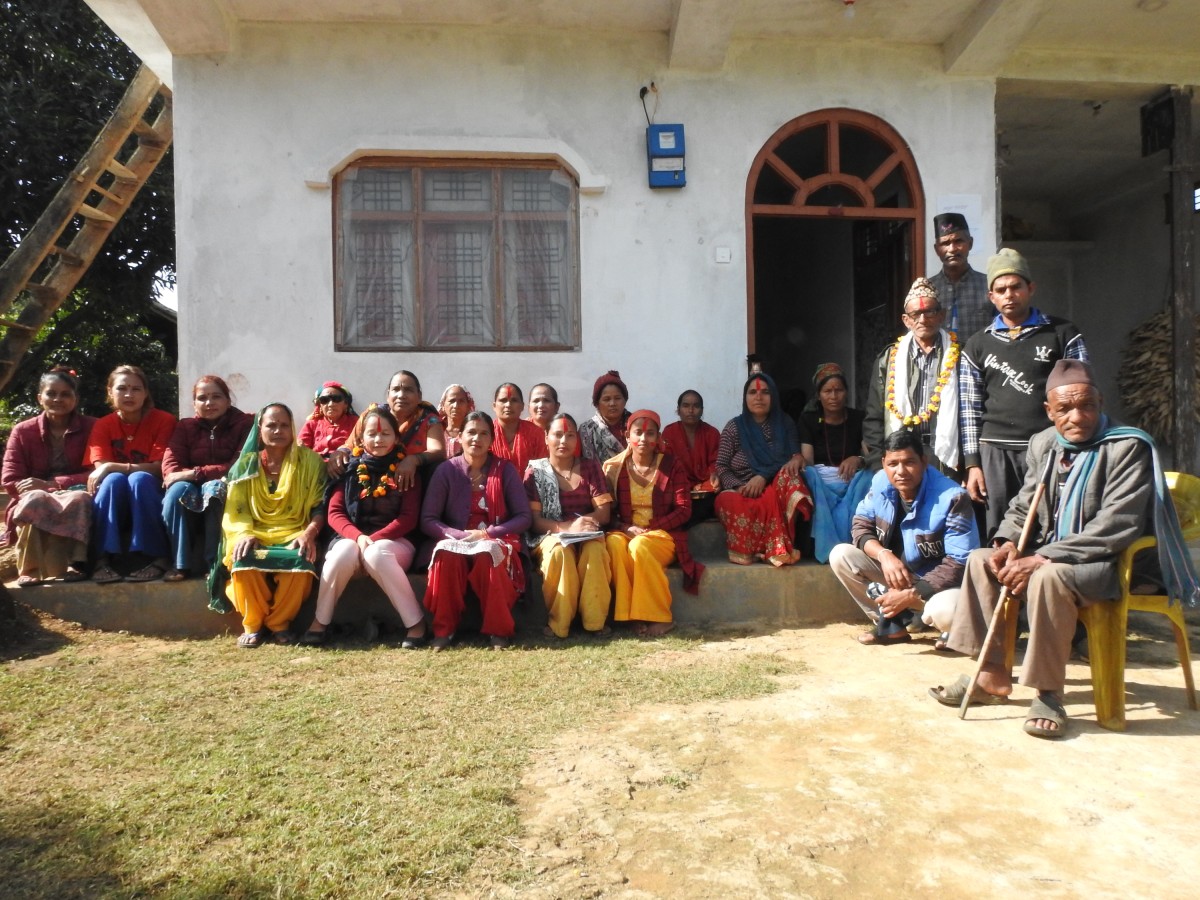Chandra: 'Now I am comfortable talking in groups, with the community and with government officials'
This is the story of Chandra, a woman who had never worked outside her home before but who became a powerful advocate for safe water when her son fell gravely ill.

Chandra (30) lives with her two sons, husband and parents-in-law in Ramghat -Surkhet Nepal. When her youngest son was just three years old, he fell gravely ill. Despite consulting many doctors and trying various medications, his symptoms persisted, putting him at risk of dehydration.
Determined to find a solution, Chandra kept looking for a doctor that could help and finally found herself in a big hospital in Nepalgunj.
To her surprise, the doctor there asked her a question she didn't expect: "Where do you get your water from?" She reflects: “I have never been asked where I got my water from, this was the first time. When I explained to him that we got our water from the local Bheri river near our house, he told me that it was the reason my son had fallen ill.”
Chandra explains that she is not the only one in the community that goes there for drinking water: “The whole community used that river for drinking water, to bathe themselves and to wash their clothes.” It provided access to water for the community; however, it was a highly polluted lifeline.
Water filter
When she got back from the hospital, she immediately bought a water filter to provide clean water for her and her family. But what she didn’t know is that the filter required regular cleaning and maintenance. Because she wasn’t aware of it, the filter fell out of use and she and her family had to resort to using contaminated water from the river again.
How a training on WASH can be lifechanging
When she came to know that a training in water, sanitation, and hygiene was being provided, Chandra did not want to miss this opportunity. She wanted to learn how she and her family would be able to enjoy safe water. Through this training, she felt confident to take up the position of secretary in the newly formed community group. This committee is a voluntary community network that addresses the issues of the neighbourhood. A special focus of the community discussions was the improvement of water, sanitation, and hygiene conditions.
Initially, the community did not see the need for a committee focused on WASH (Water, Sanitation and Hygiene) because little was known about the negative consequences of polluted water and open defecation. However, Chandra did not relent and with a few other active members, she visited every household in the community to create awareness about the benefits of working together as a community group.
She, and the other committee members were supported by Mina. She is a community educator who works for Sahakarmi Samaj, a partner organisation of Simavi. In her role, Mina helps committees like Chandra’s by facilitating community dialogues centered around the importance of safe water, the practice of hygienic behavior and sanitation facilities. Through the community discussions, theatre, and drama, Mina’s efforts aim to demonstrate how clean sanitation can prevent illnesses, create awareness and drive behaviour change.
As a result, the community gradually became more knowledgeable about water, sanitation and hygiene. With the community members on board, they started practicing community savings, investing just 100 rupees per month per household. This pooled investment enabled them to give out loans for filters and support the community group in their awareness work on WASH. Lately, they have been working on establishing a waste collection pit financed through community investments. The community of Ramghat until recently did not have a central waste management service. Although they composted the biodegradable waste, non-biodegradable waste was being burned openly causing pollution.

From fear of speaking to political ambitions
She talks calmly with the other members of the committee present. “Before being the secretary, I never even spoke up in groups of more than two. Now I am comfortable talking in groups, with the community and even with government officials. I got to know how important safe sanitation and water are, so I put aside my fears of speaking in public and went for it.”
Chandra eloped with her husband when she was 16 years old. Her first son was born when she was 17 years old, which made her drop out of school. She wishes she could have finished at least 10th grade to get a good job.
However, through the committee, she has increased her knowledge and confidence. She is thankful for her in-laws that have been supportive from the start. They often watch her children when she is busy with the committee. She also has ambitious plans for the future: “I am already a member of a political party and soon I want to run for the local elections to grow my impact within the community.”
Her husband sees the impact Chandra has had on their community and tells us that he will support her in her future career endeavors.

Biosand filter provides clean water
The committee has had a major impact on the community. “Many people could not afford a biosand filter to clean the water from the river. To ensure that the filter was available for everyone, we made a deal with two entrepreneurs who sell filters. By engaging with them directly, the entrepreneurs provided us a 15% discount. Together we spread the word about the importance of clean water, resulting in the initial purchase of filters by 45 of the 71 households in our community”.
While some households could not afford the investment, the committee provided loans to assist them. This initiative inspired other neighbouring committees to adopt a similar co-financing model. Eventually, they successfully lobbied the local government to contribute 50% of the price per filter. Consequently, most of the households acquired a biosand filter ensuring access to clean drinking water. Mina further elaborates, “Previously, candle filters were given by the municipality for free. But many people did not know how to maintain the filter, as was the case with Chandra. And when it broke down, they often did not feel the need to fix it. After all, they never really invested in it.”
Through this scheme, the government covers a portion of the cost, but the community also has an equal investment in it too. Now community members often contact the entrepreneur for maintenance and they see the importance of using the filter.

Making the local government responsible for clean water
The upcoming plans of the committee include lobbying for a water treatment system. This means that the responsibility of providing safely managed clean drinking water will be on the water systems rather than the households.
The story is not only about Chandra who fought for the access of clean water for her son and the wider community, but also about the whole community coming together. Now the onus of responsibility is spread more evenly, people understand the importance of clean water, and they know how to advocate for their rights at their local government with smart and sustainable plans.
Do you want to know more about how Simavi and it's partners work on access to clean water? Have a look at our programmes.

